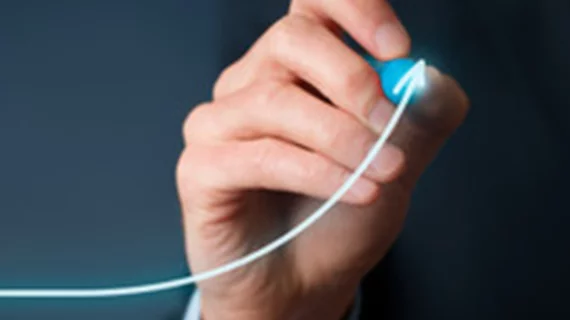Interventional cardiology devices market estimated to reach $20.8B by 2022
The interventional cardiology devices market is expected to grow to $20.85 billion by 2022, a new report projects.
Research company MarketsandMarkets reported July 9 the projected growth will be driven by a compound annual growth rate (CAGR) of 7.5% through 2022. As of two years ago, the interventional cardiology devices market was worth $14.5 billion.
According to the report, the market will be propelled by technological advancements in the space, a rising geriatric population, increasing incidence of CVD and improved healthcare infrastructure. Angioplasty stents—including bare-metal, drug-eluting and bioresorbable stents—will account for the largest share of the market, dominated by drug-eluting stents.
The plaque modification devices segment of the market, which MarketsandMarkets divides into thrombectomy devices and atherectomy devices, is projected to command the greatest market share in the forecast period. The company attributes the growth to an increasing demand for technologically advanced thrombectomy devices and a rising incidence of plaque deposition in the general population.
Region-wise, the interventional cardiology devices market will likely be dominated by North America. Find the full report here.

